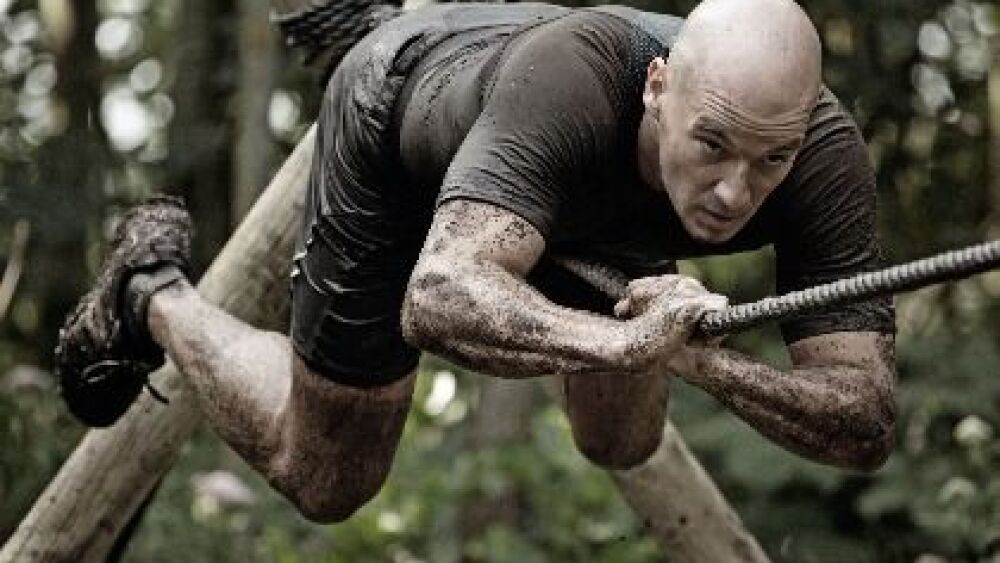Sponsored by G-Shock
By Police1 BrandFocus Staff
Policing requires physical endurance and an enormous amount of physical and mental energy. As a police officer, you might find yourself running far distances, carrying victims from buildings and apprehending people on a day-to-day basis, all while wearing a heavy ballistic vest.
It’s important for police officers to achieve high levels of physical fitness and endurance in order to avoid injuries and remain tough in the face of danger. But training and conditioning at the station often just means cardiovascular exercises such as jogging and some strength training with weights.
If you want to be among the toughest on your squad, it’s necessary to go above and beyond these common exercises. For example, if you exercise occasionally and can dead lift a max of 300 pounds, you may only be able to move a 200-pound person for a short distance before getting tired.
Below, we’ve listed exercises you can do at the station to get stronger and endure under pressure.
1. Kettlebell swings
Kettlebell swings are among the toughest cardiovascular exercises. The kettlebell swing builds power, core strength and stability. It engages the lower back and abdominal muscles and has minimal joint impact.
2. Sled dragging
Sled dragging can also condition muscles, as well as build tolerance to lactic acid. Because it can be as intense as jogging is for the heart and lungs, sled dragging can be a low-impact option for increasing cardiovascular endurance.
3. Police-specific workouts
Instead a series of exercises like running and lifting, training for specific functions can help you be better prepared for police work on the ground.
For example, exercising or even performing basic police station duties in your gear can help you get used to feeling the weight of your equipment and help you stay fit. Running a few miles in your vest can be a way to make your normal workout more vigorous.
4. Burpees and more
The burpee engages leg, arm and core muscles. Squats engage and condition leg muscles, helping you climb up stairs and push past heavy obstacles. Push-ups work arm and chest muscles. Pull-ups engage the biceps and triceps to help you lift heavier objects. Also, because these exercises (aside from pull-ups) don’t require any equipment or much space, you can do them almost anywhere.
5. Squat Thrust
This exercise is similar to the burpee, but it doesn’t include a push-up at the end. Squat thrusts help build lower body muscular endurance by engaging the quads and hamstrings.
This exercise will also help improve hip mobility, which is important for moving quickly in and out of a patrol car or while out in the field. While adding reps will help build endurance, squat thrusts require good form, so it’s important to focus on technique.
6. Cardio
Running is one of the most common cardiovascular exercises, but it’s not always the most popular. If you enjoy running, a daily 3- to 5-mile run outdoors or on the treadmill can be a great way to improve cardiovascular health and build endurance. Even if you don’t enjoy running on its own, you can get a daily cardio workout with activities like basketball, bicycling, swimming or jumping rope.
By running or engaging in other activities that build your cardiovascular endurance, you can respond to calls faster on foot and better keep up during foot pursuits.
Strength and toughness can sometimes mean different things. Working out and staying fit is important, but seriously training to build endurance and prepare for the job of police work will help make you a better and more effective officer. The exercises listed above can help you condition yourself to withstand stressful environments and will help you maintain the mental and physical endurance necessary to power through the most difficult of situations.


